Showing results 481-490 of 491 for cast
Search results
-
The UDL Guidelines are a living, dynamic tool that is continuously developed based on new research and feedback from practitioners. Since the release of “Version 1.0” in 2008, CAST has released three other versions reflecting different structural and content changes. In 2020, CAST launched our most recent effort to update the UDL Guidelines. This update focuses specifically on updating the Guidelines through an equity lens. While the Guidelines have become a valuable tool to help practitioners design for learner variability, we recognize that gaps and biases exist. There has been a strong call from the field—both practitioners and researchers alike—to more fully develop the Guidelines to address critical barriers rooted in biases and systems of oppression. The current update aims to respond to this call and to work toward fulfilling the promise of the Guidelines as a tool to guide the design of learning environments that more fully honor and value every learner.
-

The Students and Families First Coalition brings together experts in special education, inclusion, and instructional effectiveness; improvement science; family engagement; and culturally responsive practices to assist schools in looking at special education practices.
-
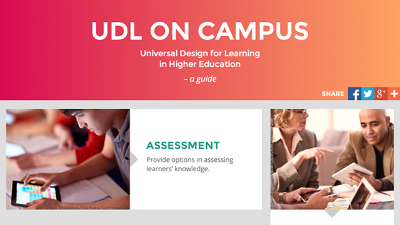
The Open Professionals Education Network (OPEN) provides free support and technical assistance to all grantees of the $2 billion Trade Adjustment Assistance Community College & Career Training
-
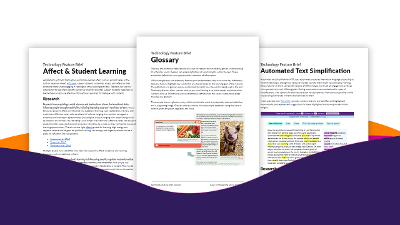
These briefs are designed for educators, developers, and researchers to find out more about particular features within technology tools, how they’re used, and whether they might be effective in addressing different barriers within a technology environment.
-
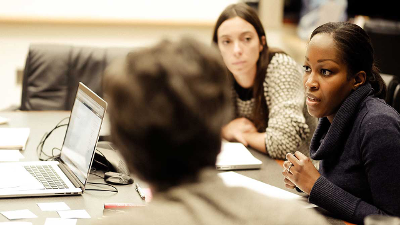
We're leading a field-building initiative to stimulate, support, and sustain best practices in UDL education program design, product development, and classroom instruction to meet the growing global demand for UDL as a design framework that recognizes variability among all learners.
-
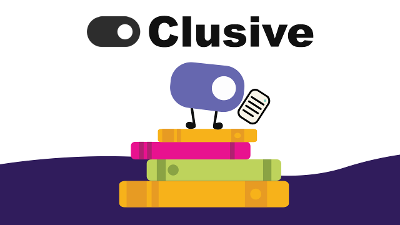
Clusive is an adaptive and accessible web-based reader designed to engage students in independent reading. Based on the inclusive principles of Universal Design for Learning (UDL), Clusive scaffolds the development of reading skills for students in grades 5 through 12.
-

UDL is found in many public policies in the U.S. around K-12 education, higher education, educational technology, and workforce development.
-
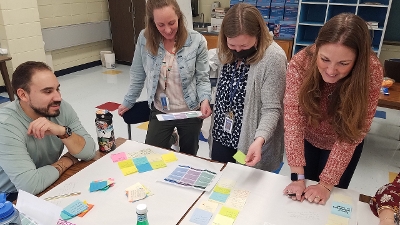
The New Hampshire Universal Design for Learning (NHUDL) Innovation Network is a multi-year job-embedded professional learning program for New Hampshire educators who are committed to empowering all learners.
-
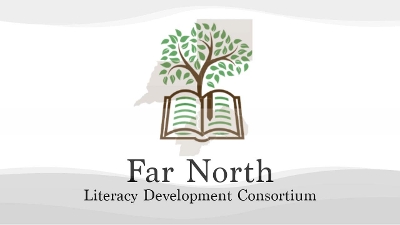
The Far North Literacy Development Consortium will focus on using Universal Design for Learning (UDL) to build teacher capacity for literacy instruction across disciplines.
-
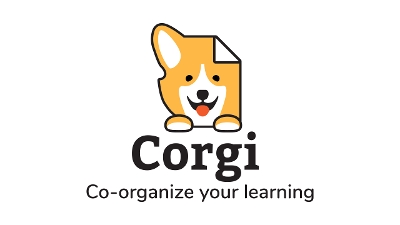
Corgi marks the next generation of graphic organizers, helping students co-organize their learning in a digital, Google App environment. We want to see every student build higher-order thinking skills and become an expert learner.
